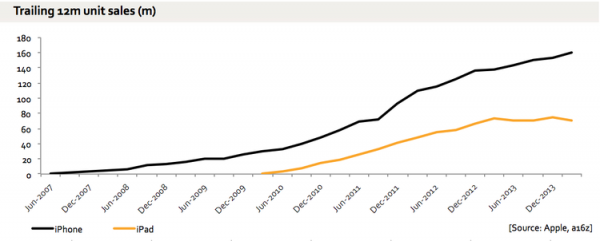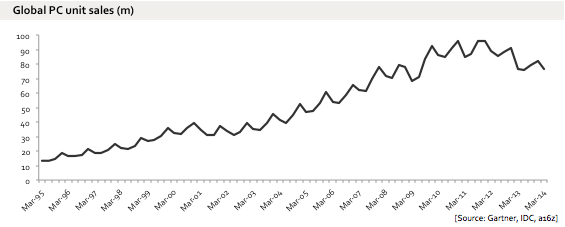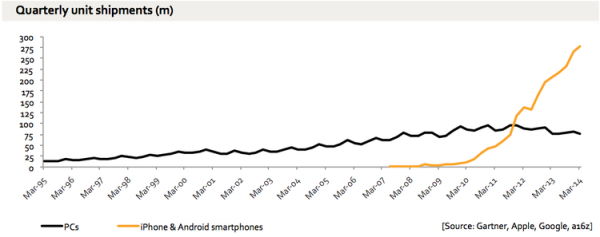The Pied Piper Effect
I’ve said many times on this blog that I like to give away bitcoin. I have my Coinbase wallet on my phone (yet another great reason to use a phone that allows you to do what you want with it). I’ll be out at dinner with friends or wherever, and I will take out my phone and send some bitcoin to a friend. It is amazing to see the effect of owning bitcoin on people. They go from being dismissive to being fans pretty fast when they own some bitcoin.
So it was with great joy that I read that every MIT student (all 4,528 of them) is going to get $100 in bitcoin to use however they wish. This is like giving every MIT student a laptop thirty years ago. That didn’t happen, but I had to make some kind of comparison. I can’t imagine a better group of students to infect with bitcoin religion than the MIT students. This will encourage them to get into bitcoin, understand it, and build stuff on top of it.
I don’t know the two MIT students who are doing this, but I do know their largest funder. I have reached out to him this morning in hopes that I can join the funding group behind this bitcoin giveaway. It is awesome. I love it.


